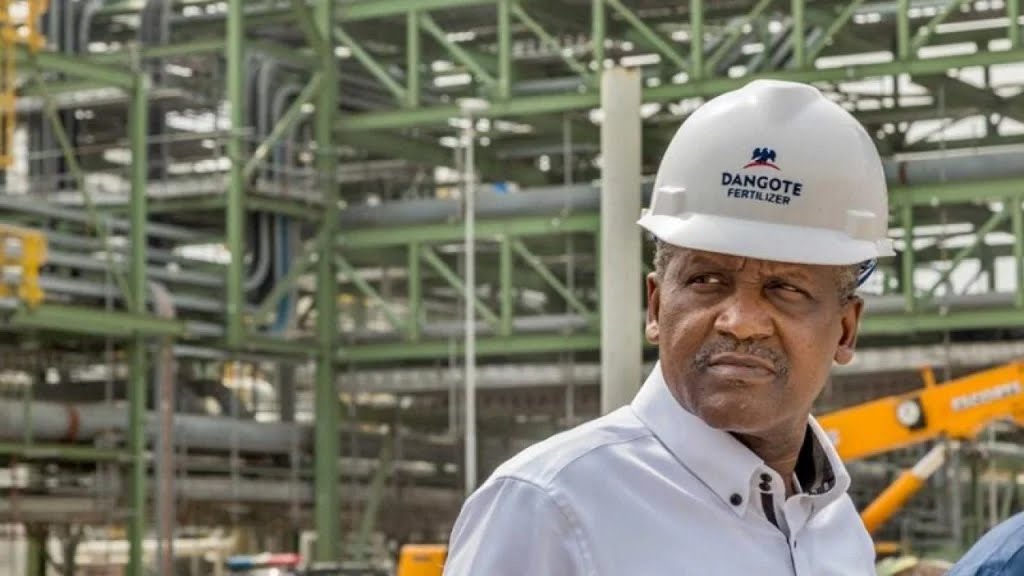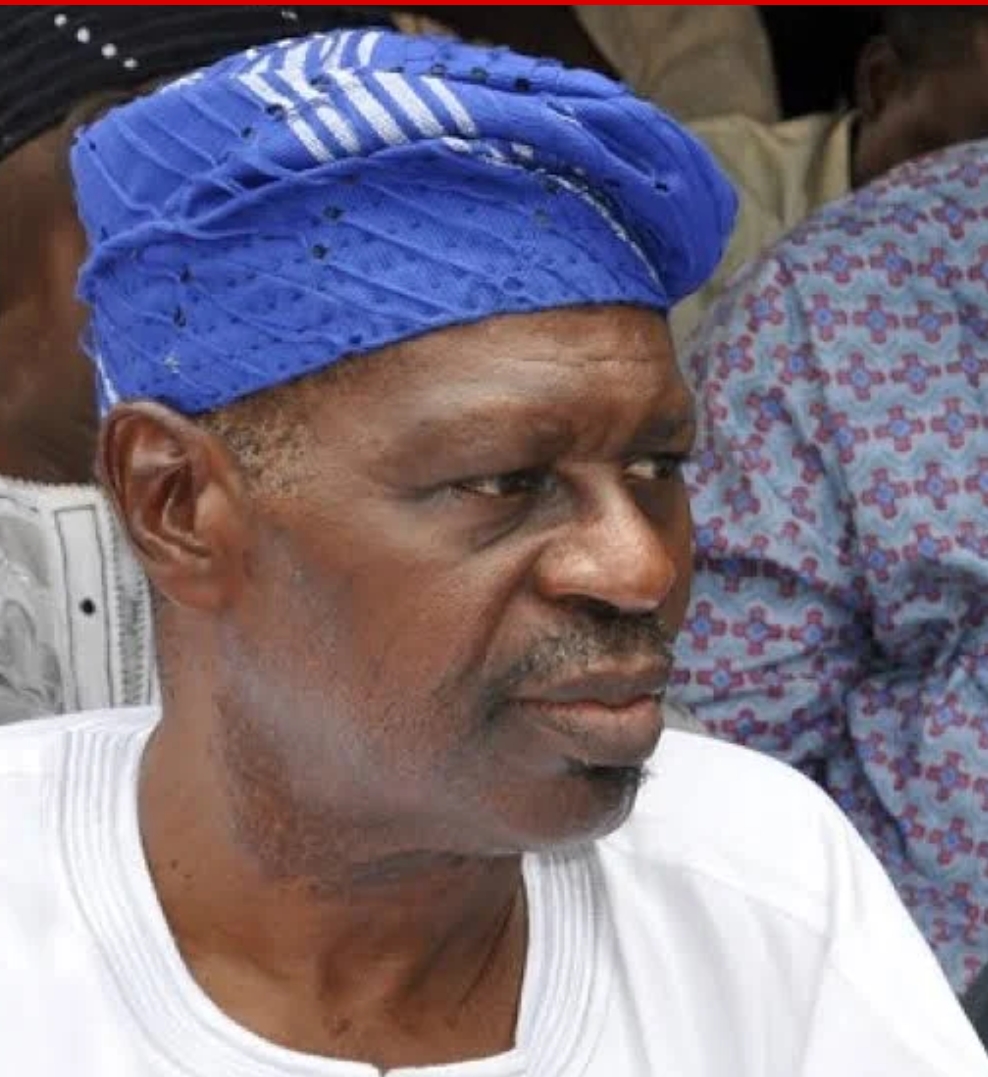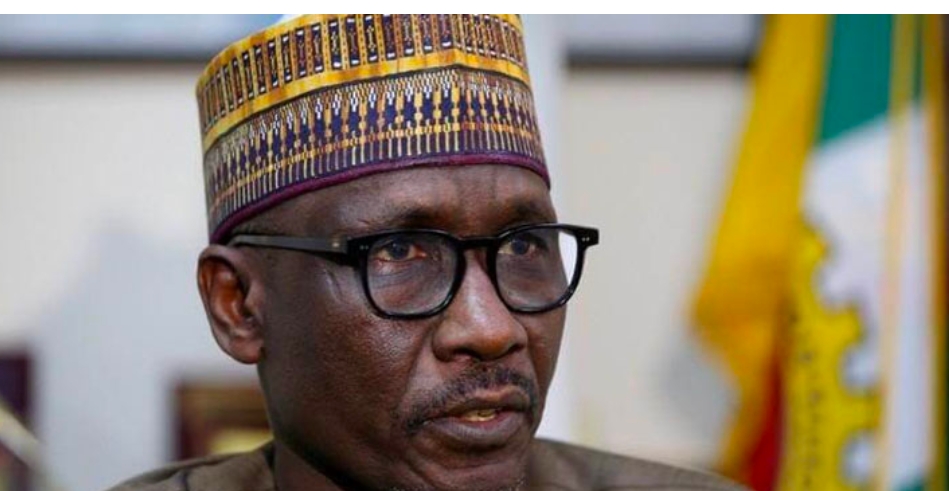Buhari to inaugurate world’s biggest single-train Dangote oil refinery on Monday

President Muhamadu Buhari will on Monday inaugurate the 650,000 barrels per day Dangote Oil Refinery, which is expected to meet a larger part of Nigeria’s demand for all refined petroleum products.
Products expected to be refined in tonnes daily include premium motor spirit, popularly called petrol, diesel, aviation jet fuel and dual-purpose kerosene among others.
The refinery, owned by Africa’s richest man Aliko Dangote, is Africa’s biggest oil refining plant and the world’s biggest single-train facility. It is expected to create a market for $21billion per annum of Nigerian crude.
Buhari, who is about to complete his two terms of eight years as stipulated by the Nigerian constitution, is expected to grace the occasion with the President-elect, Bola Ahmed Tinubu, vice president-elect, Senator Kashim Shettima and other top government officials.
The commissioning of the refinery is coming at a time when the African giant is seeking to remove subsidies on PMS in the second half of the year.
Subsidy payments increased significantly from N351 billion in 2005 to N4.39 trillion in 2022, with N3.6 trillion set aside to support fuel subsidies for the first six months of 2023.
The International Monetary Fund (IMF) projected that the Dangote Refinery would help Nigeria’s economic recovery drive when it starts production.
Nigeria, since discovering oil, has refused to fully delve into the market of refining. The country, throughout its young history has relied on the exportation of raw crude to generate revenue.
Oil is Nigeria’s biggest export earner, but crude theft and vandalism of pipelines have cut oil and gas output, knocking the country from its spot as Africa’s top producer.
The President of Dangote Group, Aliko Dangote, in an interview with a special edition of London-based The Economists Magazine, titled ‘The World Ahead 2023,’ said with the commencement of operation at the refinery, Nigeria could save up to $10 billion in foreign exchange and generate another $10 billion in exports
“The refinery’s completion will not only create direct and indirect jobs, but will also lead to skills transfer and technology acquisition opportunities that will benefit the downstream sector.
“Moreover, the refinery’s production of critical products like naphtha and polypropylene will stimulate the development of other industries, such as cosmetics, plastics, and textiles. Refineries on this scale could save Nigeria up to $10 billion in foreign exchange and generate approximately $10 billion from exports,’’ he said.










